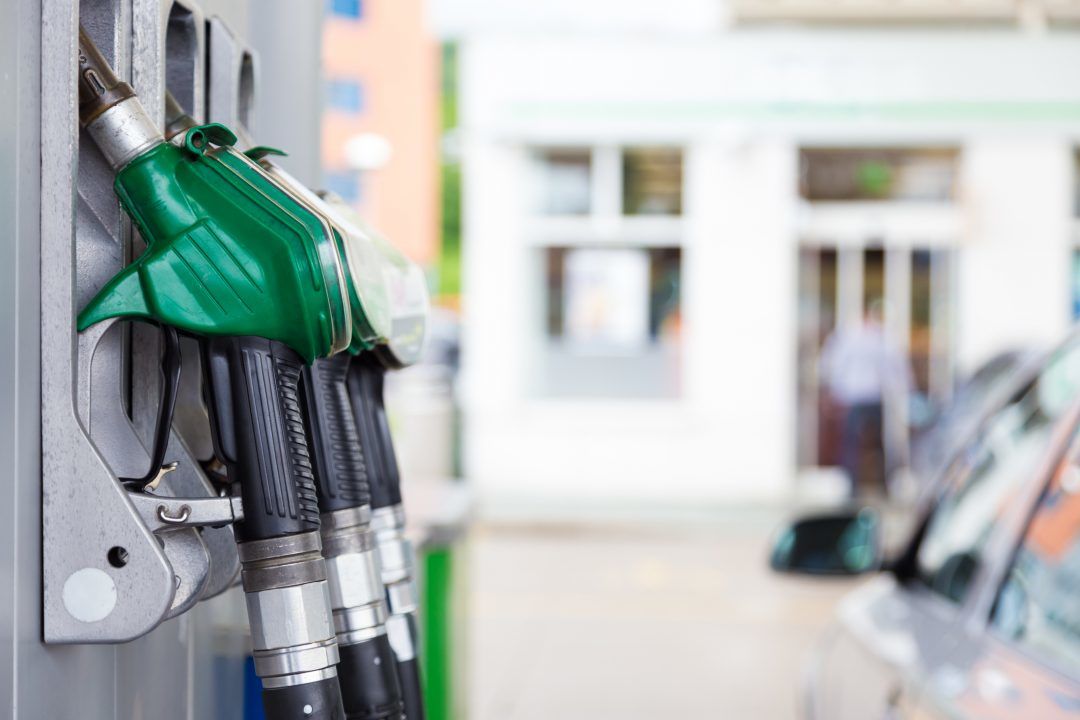Petrol station staff are being subjected to “unacceptable” levels of abuse, the industry has warned, despite a continued easing of pressure on the forecourts.
The Petrol Retailers Association (PRA) said its latest survey of its members found just over one-in-four had run dry, down from more than a third on Tuesday.
UK ministers said they expected the situation to improve further, with the first troops driving tankers expected to appear on the roads “in the next couple of days”.
But despite the appeals to the motorists to fill up as normal, PRA executive director Gordon Balmer said forecourt staff were being subjected to a “high level” of both physical and verbal abuse from frustrated motorists.
“There are encouraging signs that the crisis at the pumps is easing, with forecourts reporting that they are taking further deliveries of fuel,” he said.
“However, we are extremely disappointed to hear many forecourt staff are experiencing a high level of both verbal and physical abuse, which is completely unacceptable.”
His warning comes amid reports of fights breaking out on forecourts with, in one case, footage appearing on social media of a man wielding a knife, as tempers boiled over during the long waits to fill up.
Earlier, the UK’s business secretary Kwasi Kwarteng said the situation appeared to be “stabilising” with most people “behaving quite responsibly”.
As well as deploying troops, he said the UK Government was sending out vehicles from its reserve tanker fleet, driven by civilian drivers, to provide “additional logistical capacity” to the industry.
“It takes, sometimes, a few days to get troops on the ground. We have decided to do that.
“I think in the next couple of days you will see some soldiers driving tankers,” he said in a pooled clip for broadcasters.
Altogether 150 military drivers, together with 150 drivers’ mates, have been on standby since Monday to carry out deliveries to filling stations.
It followed reports that a shortage of tanker drivers was threatening supplies, prompted a wave of panic buying, with long queues for petrol and filling stations running dry.
In a joint statement following talks with Kwarteng, representatives of the fuel industry welcomed the deployment of the reserve tankers and echoed his optimism the situation would continue to stabilise.
The signatories, including Shell, Esso and BP, said: “While there has always been plenty of fuel at our refineries and terminals, we are also now seeing signs that the situation at the pumps has begun to improve.”
AA president Edmund King said on Wednesday evening their evidence suggested the pressure at the pumps was easing, with a significant drop in members with “our of fuel” breakdowns.
He said: “From speaking to patrols and employees, many of the garages we observed with queues yesterday, were generally functioning well today and still had fuel.
” In general terms, London and the South East have been hit hardest and very few problems were seen in Scotland or Northern Ireland.
“We still urge drivers to stick to their normal refuelling patterns and not rush to top up.
“We have had reports of drivers dribbling in £1.72p worth of petrol and £2.05 of diesel which is pretty counter-productive as they would had used those amounts searching for fuel.”
Follow STV News on WhatsApp
Scan the QR code on your mobile device for all the latest news from around the country


 iStock
iStock

























